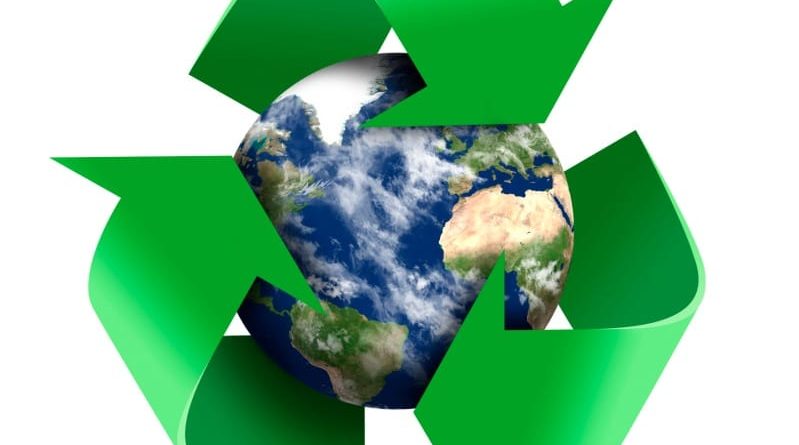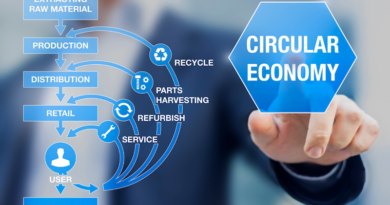
Waste as resource: an unavoidable choice
The current linear development model, which may be summarised as ‘take, produce, consume and dispose of’, is beginning to show signs of reaching its limits. Our planet is warming, and the resources used, on which we depend, are becoming increasingly scarce. Unless structural measures are taken, demand for raw materials by the world economy could increase by a further 50% in the next 15 years. In order to reverse this trend, we must adopt a circular development model which keeps materials and their value in circulation within the economic system for as long as possible, by optimising the integrated waste cycle in order to put resources to efficient use. Re-use, recycling and recovery are becoming the key words around which a new paradigm needs to be built to promote sustainability, innovation and competitiveness, so that waste will cease to be a problem and become a resource.
An industrial transition towards a wellfunctioning economic system where materials are sustainably sourced, reused and recycled in order to limit the amount of virgin raw materials ‘entering’ the cycle, as well as the end of life waste ‘leaving’ the cycle is essential. At the European level, already a 30% improvement in resource productivity by 2030 would deliver an increase in GDP of almost 1% by 2030, create more than 2 million additional jobs and put us on track to a more resource efficient Europe profiting from related ecological, economic and social benefits.
The new circular economy package shall therefore be viewed in a far broader context than that of a mere review of waste legislation but a crucial instrument for preserving the environment, making the European economy more competitive and promoting sustainable reindustrialisation.
Increasing the value of resources means intervening in all phases of the product life cycle: from extraction of raw materials to product design and from distribution, through consumption, to the end of life of products.
A clear and stable legislative framework is the first step in promoting the transition.
Such a systemic change calls for ambitious policies, backed by legislation capable of sending the right signals to investors. If European legislation fails to incorporate clear definitions and binding targets, it could impede progress towards the circular economy.
Taking the waste hierarchy as a basis, European legislator shall hinge around two main objectives: strengthening of waste prevention measures and channelling waste back into the production process.
In order to reduce the quantity of waste, it is necessary to launch upstream the innovation of production processes and business models on which the circular economy has to be based.




